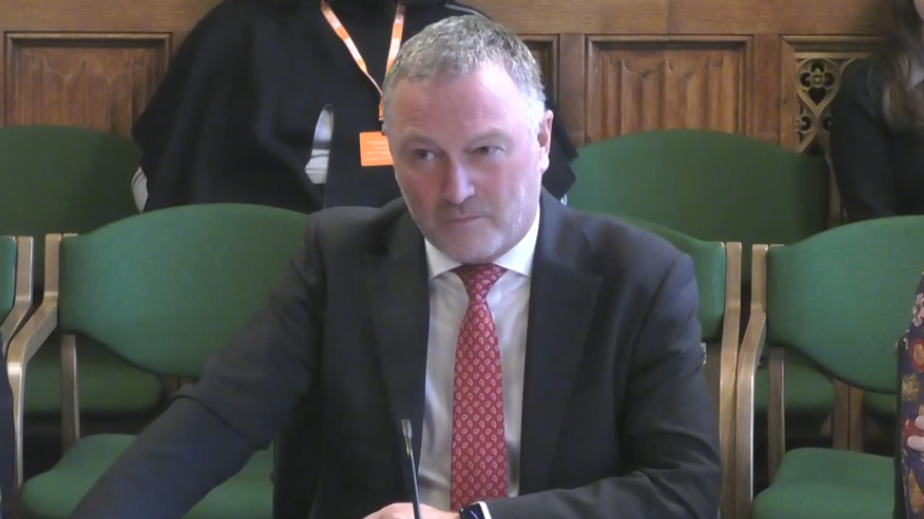During the Environment, Food and Rural Affairs (EFRA) Committee session on the morning of May 20, 2025, Environment Secretary Steve Reed MP addressed concerns regarding Thames Water’s financial practices, particularly the awarding of executive bonuses amid the company’s financial difficulties.
Reed has been outspoken in his criticism of Thames Water’s executive ‘retention incentives’, particularly in light of the company’s financial struggles and environmental performance. He has emphasized that such payments, even if labelled as ‘retention incentives’, are unacceptable when the company is failing to meet environmental and financial standards.
Thames Water had initially proposed ‘retention incentives’ for its executives, which could have amounted to substantial sums, potentially 50% of their salaries. Thames Water had claimed that the payments were necessary to keep key staff during a critical restructuring phase and that these payments were a condition of securing a £3 billion emergency loan.
However, subsequent investigations revealed that while the bonuses were included in the loan agreement, they were not explicitly demanded by creditors. This discrepancy led Thames Water’s chair, Sir Adrian Montague, to acknowledge that he “may have misspoken” in his initial statements to Parliament. Thames Water has since confirmed it will no longer offer the payments to its executives.
Reed has made it clear that the government will not tolerate what he describes as “unjustified and unmerited bonuses” for executives at failing water companies. He has stated that funds intended for infrastructure investment must be ringfenced and cannot be diverted to executive compensation or shareholder dividends.
When discussing the ban on bonus payments during the EFRA Committee session, Steve Reed said:
“Thames Water appeared to be trying to circumvent that ban by calling their bonuses something different, so they could continue to pay them. I’m very happy indeed that Thames has now dropped those proposals. It was the wrong thing to do.”
“In the eyes of the Great British public, it offends against the sense of fair play. You should not be richly rewarded for overseeing failure.”
The full committee session can be viewed here.



